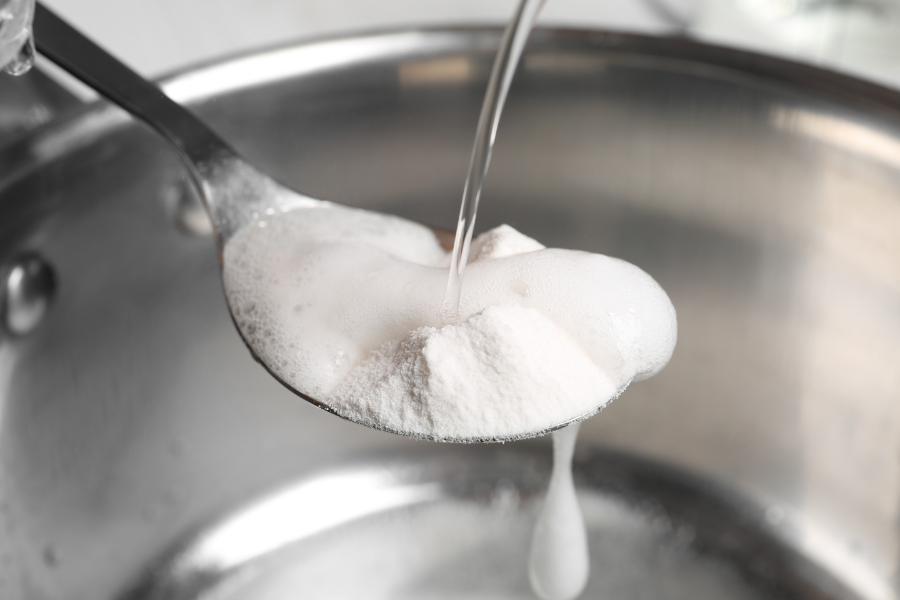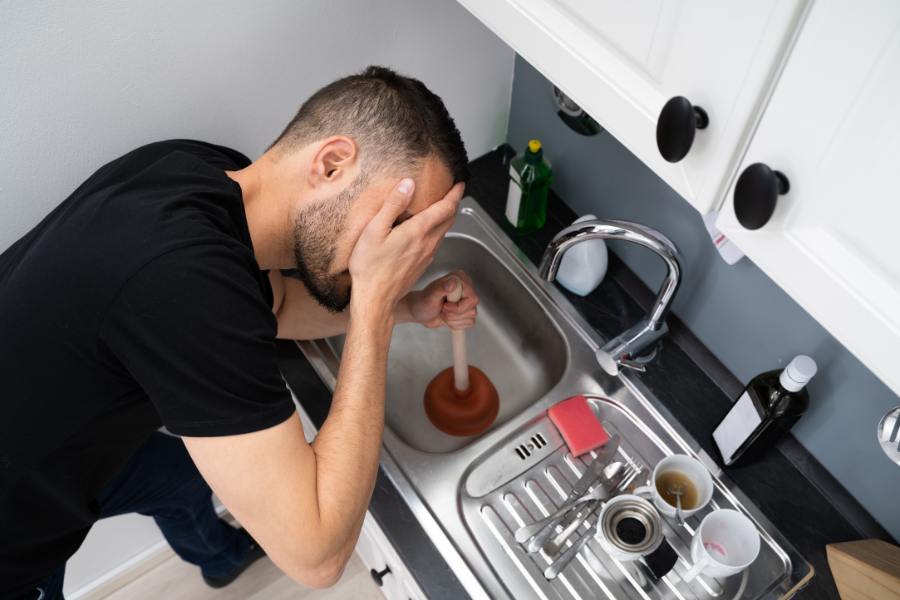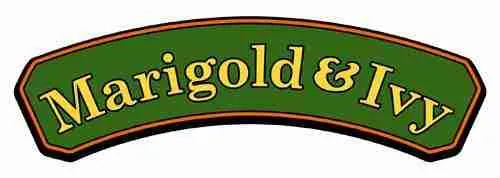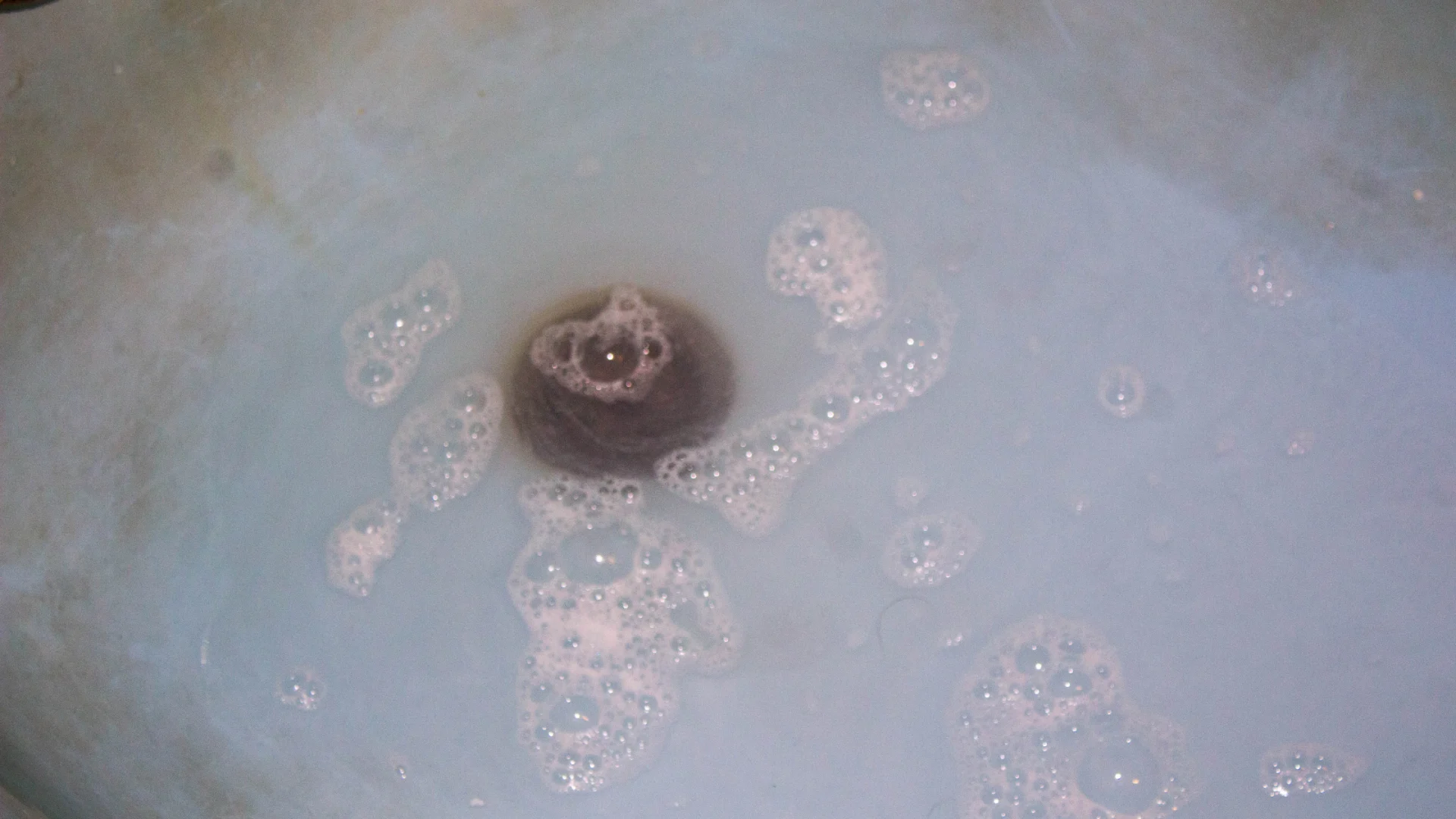Clogged drains are not a new occurrence. But when they become a regular thing in the house, they can be a big headache. Fortunately, there are natural and practical products to get your drains to operate normally. One of these natural, non-toxic products we will discuss is vinegar and answer the question: “Can vinegar unclog a drain”?
Yes, vinegar is a versatile and safe solution for your drain problems. It works as a natural cleaning agent, removing harmful bacteria and blockages that cause foul odors. When paired with other natural cleaning solutions like baking soda, the result is a potent mixture that can solve big clogging problems.
Do you often experience clogged drains in your house but hate using chemical cleaners to resolve the issue? Fret not, as vinegar has your back!
Can Vinegar Help Unclog a Drain?
Vinegar is beneficial to drains. The solution comprises of acetic acid and water, making it an acid. Due to its acid content, vinegar can break down blockages and other stuck-on organic content. It can also help prevent clog-causing buildup and can resolve unclogging issues altogether.
But while vinegar is effective and safe, never mix it with other commercial cleaners such as bleach or ammonia. The resulting mixture causes chemical burns that are harmful to your skin.
Is Using Vinegar to Unclog a Drain Eco-Friendly?
The best part of using vinegar to unclog drains is that it is environmentally friendly. Vinegar is all-natural and non-toxic, so it will not damage the environment and ecosystem. It is also safe for sewer systems.
Can You Mix Baking Soda and Vinegar to Unclog Drains?
Yes, baking soda and vinegar together can unclog a drain. Many households use this powerful combo to resolve clogging issues. These two powerful ingredients unclog the drain through a chemical reaction.
Vinegar is mostly water and contains acetic acid, while baking soda is sodium bicarbonate and is a powerful base. When the two mix, it creates carbon dioxide, and the resulting bubbles loosen the tightly packed material.
Typically, you add boiling water to this combination. It helps to flush materials down effectively. The gravity from flushing boiling water also helps break down whatever sloppy goop is in your sink, toilet, or pipe.
How to Unclog a Drain with Vinegar?

While vinegar alone can unclog a drain, we recommend the combination of vinegar and baking soda for a more powerful remedy to unclog a drain. Here’s how you can unclog a drain with vinegar and baking soda:
Things you’ll need:
- 1 cup vinegar
- 1/2 cup of baking Soda
- 1 cups of water
- Liquid dish soap (optional)
Instructions:
Step 1. Pour boiling water into the drain. You can add liquid dish soap if the drain is too greasy. This will dissolve grease clogs.
Step 2: Pour the baking soda and vinegar successively. Don’t be surprised by the audible chemical reaction that will occur. The response is normal, and it helps in dislodging the clogs in your drain.
Step 3: Add boiling water once the fizzing subsides, then flush the drain.
To learn other ways to clean drains with baking soda and vinegar, read our article, How to Use Baking Soda and Vinegar to Clean a Drain.
How Often Can You Use Vinegar to Unclog a Drain?
Now that we have answered the question, “Can vinegar unclog a drain?” we will answer how often you should do it. Well, cleaning your drain with vinegar is advisable once you notice that the water is draining slowly.
But if this is not feasible, flush the drain with boiling water at least weekly to prevent unclogging problems. You can use these methods as regular maintenance for your pipes.
What Other Household Items Can Be Used to Unclog Drains?
The cause of clogs can include things like grease and fat. Luckily, other household products can resolve these issues if vinegar isn’t working.
Ammonia
Ammonia is a time-tested product for unclogging a drain. It has alkaline properties that can help loosen sink clogs. Pair it with baking soda for best results.
Baking soda
On its own, baking soda is an excellent natural drain cleaner. But use it with vinegar and get an eco-friendly chemical reaction that can weaken drain clogs.
Read our article – Can Baking Soda Clean Drains?: Safely Unclog Your Home’s Drains to learn how to clean drains with baking soda.
Salt
Salt can be mixed with vinegar when unclogging drains. They can break down emulsified fats and grease by themselves. When paired with vinegar, it can contribute to clearer sinks or pipes.
Cola
Colas or Coke is a good sink and drain cleaner. They contain phosphoric acid, which helps break down buildup in your unclogged drain.
Hot Water and Dish Soap
The hot water and dish soap mixture is effective in unclogging a drain. It may take a few tries, but the combination works well in greasy clogs. Their combination is excellent in heating the grease back to a liquid, making it easier to flush the drain.
How to Prevent a Clogged Sink?

It is easy to maintain an unclogged drain. However, there are a few things you should and should not do to prevent clogging issues.
Keep Small Items Away from the Drain
Place items away from the bathroom sink. Clogging issues in the bathroom sink can happen when toiletry items accidentally fall into the drain.
Use Hair Stopper
A hair stopper for shower drains prevents strands from draining down the pipes. As we know, our hair is the number one culprit of a clogged shower drain. Using preventive measures can avoid plumbing issues.
Dispose of Large Chunks of Food
For the kitchen sink, remove food from plates and other utensils. Dispose of large chunks of food in the garbage can.
Also, avoid dumping grease down the drain. As an adage says, oil and water don’t mix. Pouring grease down the drain will undoubtedly cause problems.
What Should I Do If Vinegar Cannot Unclog a Drain?
While it is often possible to resolve minor clogs with DIY solutions like vinegar, it may still not be enough to clear tough clogs. If your attempt to clean the drain fails, the clog must be extensive and located further down the sink or pipe.
Instead of wasting your time pouring more vinegar down your clogged drain or using harsh chemical drain cleaners that may cause harm to the septic system or environment, seek the help of a professional plumber.
Click here to see what the EPA (Environmental Protection Agency) says never to put down the drain and what to do to help avoid a clog.
Conclusion
Using vinegar to unclog drains doesn’t only work; it is cheap and eco-friendly, too. If you run out of vinegar or have a tough clog, add some baking soda and salt or use ammonia, coke, or dish soap and hot water. If you have a drain that will not come unclogged, call a professional plumber.
After you unclog the drain of your sink, you can clean it. Read our post – How to Clean a Stainless Steel Kitchen Sink Naturally (in 6 Steps) to learn how.

